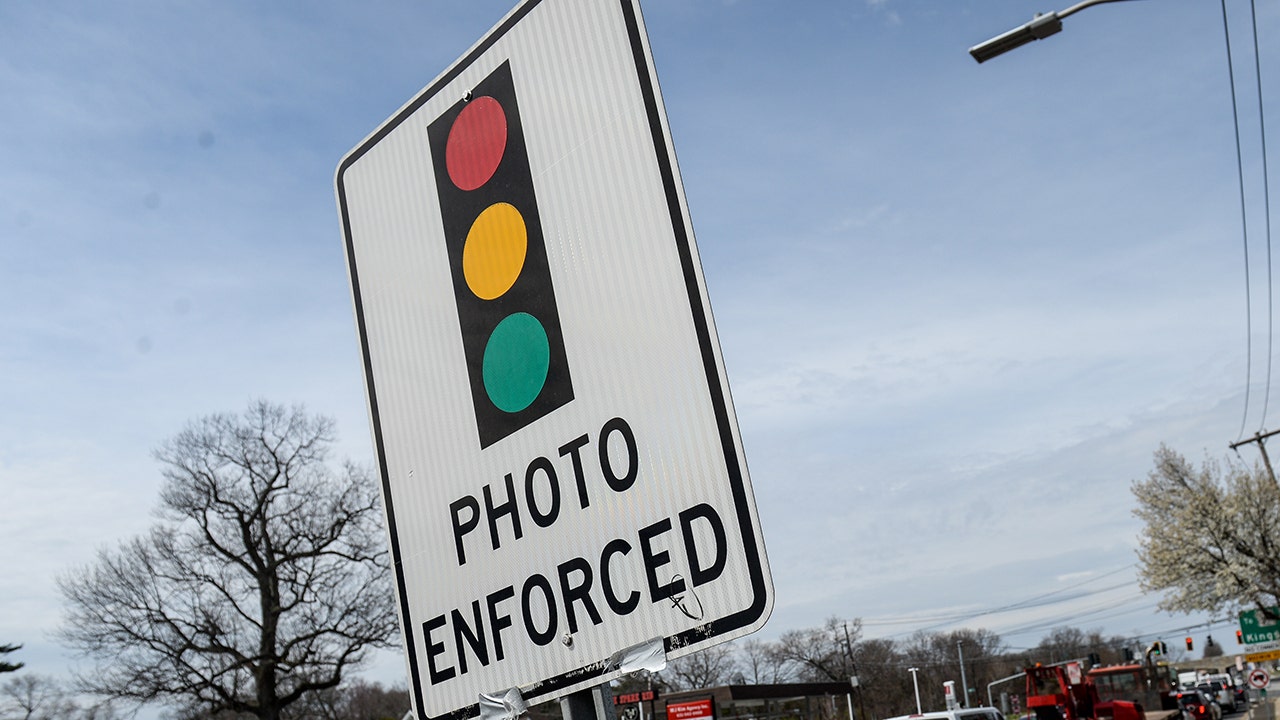Take the Scopes monkey trial in Tennessee in 1925, about a new law that barred the theory of evolution from being taught in public schools, which became a showdown between a three-time presidential candidate, the eloquent politician William Jennings Bryan, and the famous defense lawyer Clarence Darrow. Covered day after day on the front page of newspapers coast to coast, it even found its way into Hemingway’s novel “The Sun Also Rises.” The issue here was faith and reason, or what passes for both, and whether government could mandate belief. A young high school teacher, John Scopes, purposefully broke the recently passed law “to show,” as the brilliant attorney Arthur Garfield Hays argued, “that such laws result in hate and intolerance, that they are conceived in bigotry and born in ignorance — ignorance of the Bible, of religion, of history, and of science.”
There was the trial of the anarchists Nicola Sacco and Bartolomeo Vanzetti, two Italian immigrants accused of robbery and murder in Massachusetts, which caused such international indignation that rallies against their execution were held from London to Johannesburg. Edna St. Vincent Millay published a poem titled “Justice Denied in Massachusetts” in The New York Times to protest the handling of the Sacco and Vanzetti trial, and Felix Frankfurter called the misrepresentations, suppressions and misquotations of its presiding judge disgraceful.
There was the tragic railroading of the Scottsboro boys, nine Black teenagers falsely accused of raping two white girls in Alabama and who symbolized, then and later, racial injustice when three all-white juries convicted eight of them in three days for a crime they did not commit. The protracted appeals of the Scottsboro boys resulted in two U.S. Supreme Court decisions that helped spawn the civil rights movement, and as late as 1976, Gov. George Wallace of Alabama, of all people, pardoned the last survivor.
That wasn’t all: Another cause célèbre was the case against Bruno Hauptmann, said to have kidnapped and murdered the baby of the aviator Charles Lindbergh. Americans were so outraged that the baby of a bona fide American hero could be abducted, right out of his home, that in 1932 Congress made kidnapping across state lines a federal crime. The law was known as the Lindbergh Act. Then, of course, there were Ethel and Julius Rosenberg, two former members of the Communist Party, who were arrested, tried and convicted of allegedly passing atomic secrets to the Soviets. When the presiding judge, Irving Kaufman, sentenced them to death, he declared that the couple wasn’t guilty merely of espionage but responsible for all the casualties in the Korean War.
In the last decade of the 20th century, the criminal trial of the celebrated Black football star O.J. Simpson, accused of murdering his ex-wife Nicole Brown Simpson and her friend Ronald Goldman, was also about race. Televised, with the media delivering up-to-the-minute reports on the defendant, lawyers, the judge and the public, the trial was spearheaded by Simpson’s lawyer Johnnie Cochran, who declared the rich football star was being punished for his success, particularly by the Los Angeles Police Department, famous for its violent racism (see: the horrific beating of Rodney King).






